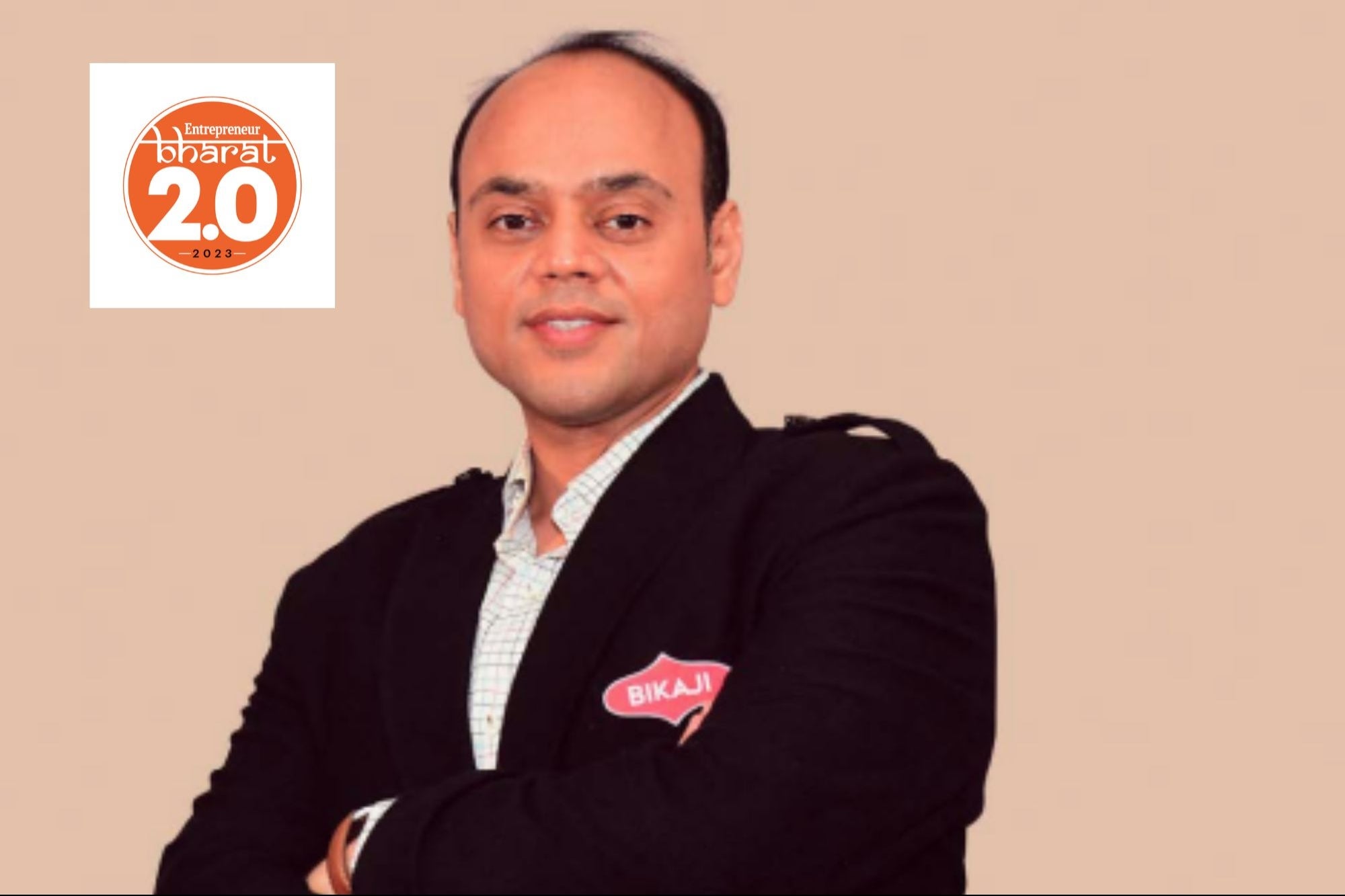Freo: Aiming For The Digital Banking Hot SeatKunal Varma is the CEO and co-founder of Freo, a digital banking platform for Indians, where they can easily spend, save and borrow for a better financial life.
Opinions expressed by Entrepreneur contributors are their own.
You're reading Entrepreneur India, an international franchise of Entrepreneur Media.

Kunal Varma is the CEO and co-founder of Freo, a digital banking platform for Indians, where they can easily spend, save and borrow for a better financial life. And MoneyTap, owned by Freo, is India's first app-based credit line for consumers. With the fintech industry seeing an exponential growth in the last few years, Varma's objective is to make Freo the Indian consumer's no.1 choice for digital banking. Freo is offering Indians financial services that they usually find difficult to access such as secure digital savings, small and large credit, tools for wealth growth, convenience and ease of making purchases. And all this is being made achievable by a heavy use of technology, data science, and a lean and efficient operating model.
Varma tells us that all of their backend applications are written in Java, Kotlin, and Python; AWS managed Postgres instances for transactional databases; self-hosted Redis instances for caching; Redshift/Athena for data warehousing and data analytics; Android/iOS for mobile apps. They are also beginning to see the advantages of Flutter and are moving their apps to Flutter completely.
But is the brand profitable yet?
"We have always built the business with strong economic fundamentals in mind. It's driven by our focus on offering high value to our customers through superior and affordable products. As a result, we've seen our margins consistently improve over the years even while we've been growing. Thanks to this approach, we've been contribution margin positive since 2021 and are very close to achieving profitability. You'll hear from us on this very soon," Varma told us when asked.
However, an aspect which is always interesting to know about is how is it working in a sector which is largely regulated by the government. Though Varma agrees that regulations can be a considerable entry barrier in the finance sector, he also pointed out to us that it can also become a strong advantage for businesses that take compliance seriously and don't play on short-term arbitrage. He says they are compliant with all regulations and only work with RBI-compliant partners. They are 100 per cent made-in-India business and are very strict about their customers' data and privacy.
Building a fintech enterprise includes a lot of learning curves, and the individual comes out of that experience with plenty of life lessons and advice for those planning to venture into that space. Varma, too, learned a lot during this journey. "To build something worthwhile in fintech, you need a very strong product idea, a watertight business plan, deep understanding of regulations, plenty of patience and passion. It's not enough to simply be interested in the domain or excited by your peers' enthusiasm. There will be bad days but you need to be resilient to weather them and only patience and passion will help you do that," he explained.
"Another important aspect is the relationship between value creation and making money. It's a good thing to strive to make money but that's only possible if you're engaging in real value-creation. Conversely, the only way you'll be able to continue to create value is if you make money that sustains your business. Both aspects are essential when it comes to building any enterprise and not just a fintech one," he added.
Freo's products and services are being used by customers from over 16,000 pin codes and 1,100 cities in the country. Their apps have been downloaded more than 25 million times and they have disbursed over INR 10,000 crore of credit. Now that they are present across the country, they aim to forge deeper relationships with our customers and increase the number of products they use. It was in 2022 that they became India's first full-stack neobank and last year also crossed the 1 million customers mark with a strong monetization engine, and are seeing high growth.
FACT SHEET
Amount of funding received: USD 45 million
Year of inception: 2015
Year of Launch: 2016
Number of employees: 175
No. of app downloads: 25 million+
The author can be reached at bkabir@entrepreneurindia.com andInstagram.com/kabirsinghbhandari













